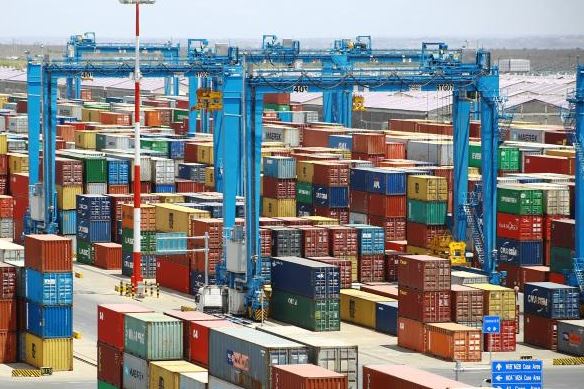×
The Standard e-Paper
Join Thousands Daily

The monthly import storage charges at the Nairobi Inland Container Depot (ICDN) have increased by 62 per cent due to the impact of the Covid-19 pandemic on port operations.
Data from the Shippers Council of Eastern Africa (SCEA) shows that shippers are footing storage costs of between $68,660 (Sh7.3 million) and $135,310 (Sh14.4 million) weekly.